In romantic depictions, the writer is someone who seeks out solitude. (According to similar notions, the writer may also be a madman, a drunk, or a depressive.) Writing, the stereotype says, is an act of solitary sense-making, both enlightening and maddening, performed in the shadows.
In “The Trip to Echo Spring,” on famous alcoholic writers, Olivia Laing notes, “Writers, even the most socially gifted and established, must be outsiders of some sort, if only because their job is that of scrutiniser and witness.”
So you might think writers, longing to be permitted to sit with their own minds, would welcome the grand rupture brought by the coronavirus and its forced isolation. That the chaos of the current moment allows us to find new ways to learn, reflect, create. That we are accustomed to reflective observation from the sidelines of society. But, in fact, this extended isolation has been no romantic reprieve.
Curious, I spoke to several Bay Area writers about how they are coping with COVID-19 and its disruptive wake. I wanted to know whether the solitude felt more like a luxury or an obligation. Whether they had learned anything about their practices, or themselves. Whether they managed to remain creative, and if so, how.
The responses from a handful of colleagues, naturally, varied. Some sought solace in the virtual company of other writers. Some discovered that introversion prevailed. Others rediscovered their inner Thoreau. Yet others found echoes of chaos that were all too familiar.
All shared their experiences generously and revealed rich possibilities that can surface in surreal times.
Lyzette Wanzer, essayist, editor
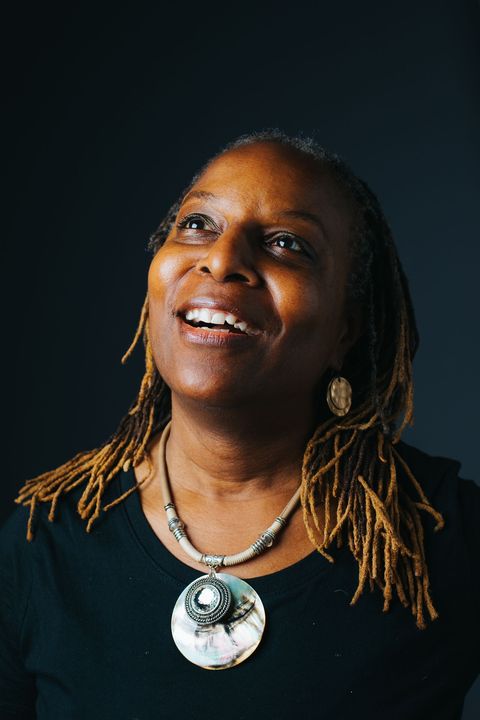
My largest way of coping has been to lead and join Write-Ins, with both The Writers Grotto and Shuffle Literary Collective. There is absolutely no way I would have completed my book proposal for “Trauma, Tresses, & Truth,” an anthology I’m editing, without this kind of collective accountability and support. All of my regular writing schedule has been disrupted, as well as the places I write (Grotto, Mechanics Institute Library). It sucks. Between March and May, I was not doing well. Then I registered for a bunch of Write-Ins and began leading several. That righted my ship. A three-hour one I led last month enabled me to put the finishing touches on the book proposal. I was, as you put it, “welcoming the grand rupture brought by the coronavirus and its forced isolation.”
Then George Floyd and Breonna Taylor happened.
I experienced a rough June, dealing with daily rage and ugly sentiments that I’m not too proud of. I defied the curfews. I wouldn’t speak to police officers I passed, even if they were cordial and said “Good morning” or smiled at me. When I saw a group of officers with Black men in their midst, I walked up and whipped my phone out. The writing organizations I’m part of began to implode. As the only African American at my job’s nuclear team and the larger department team, it was even worse. I wound up having to take some days off just for self-care and to give myself a break from the rage. It’s rather difficult to operate in that state of mind. This timely book project has been — along with last month’s Critical Race Theory & Intersectionality Summer School and a couple of self-guided retreats — my salvation.
Is writing even the most apropos outlet for my commitment and energy right now? I’ve struggled with that.
Susan Ito, writer, performer, teacher
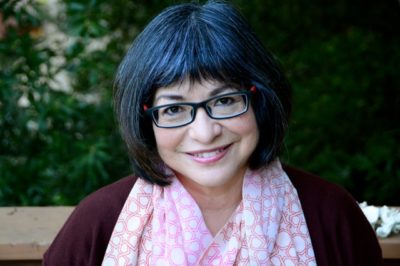
Since the pandemic began, I’ve been unable to use my office at the Writers Grotto in San Francisco. I miss being there, and I miss seeing my many friends in the halls and lunchroom. I miss the conversations we used to have about craft and publishing and writing and life.
But I’ve gained hours back into my days. The round-trip commute used to consume hours. I would take time out to get lunch. I was distractible and ended up socializing more than writing. Now that I’m just home in the corner of my room, I’m finding that I have more time to write. I am lucky that my children are adults and I don’t have to juggle home schooling and day care. I really, really feel for parents of young kids these days.
I have a writing partner who lives in Brooklyn. We’ve developed a practice together. We check in via text, walk in our respective neighborhoods for an hour, then write for an hour. Then we FaceTime and share our writing, not for critique but for encouragement. We are doing this three times a week, for a nine hour commitment. I do believe we will finish our books. We have momentum and a schedule. It’s working better than I would have imagined.
Roberto Lovato, journalist, author
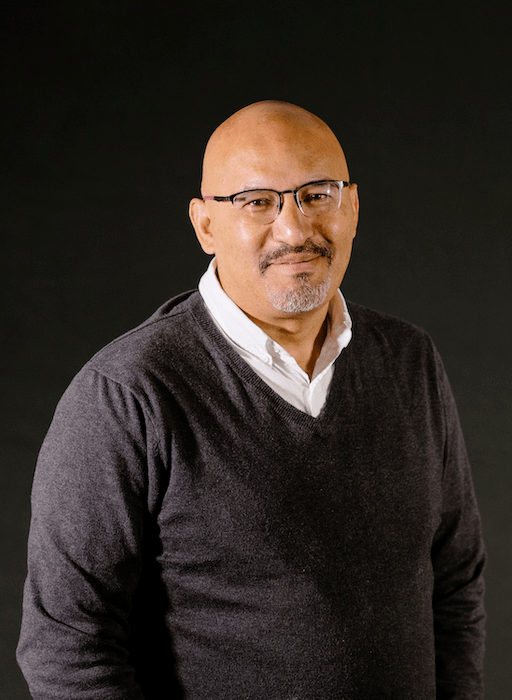
I was born in San Francisco and raised by a Salvadoran family. Being a writer of Salvadoran descent has meant writing under conditions of war, state terror, gang-police violence, natural disasters, and other calamities. I write nonfiction, and my narrative self looks at and dives into the abyss, as explored in my forthcoming memoir, “Unforgetting: A Memoir of Family, Migration, Gangs and Revolution in the Americas.” So my ability to be creative amidst the COVID-19 crisis has a whole history of writing in crisis beneath it.
Being of Salvadoran descent prepared me to exercise my political imagination in times of epic disruption that are “foreign” to most people in the U.S. I’ve interviewed biblical scholars who studied the socio-political and psychic conditions underlying what we call “the apocalyptic literature” of the Jewish and Christian religions.

In order to understand the conditions under which the authors of this literature wrote, some of these scholars studied the workings of what one scholar called “state terror” in a tiny country in this hemisphere: El Salvador.
After speaking with these scholars, I not only read the Bible and prophetic literature differently; I wrote differently, with the knowledge that there are precedents for those of us writing in crisis. I hate to say that I was “prepared” to write during the COVID-19 crisis, but my experience is helping me navigate the spirals of this latest abyss we’re all feeling from inside the borders of the United States.
Constance Hale, journalist, poet
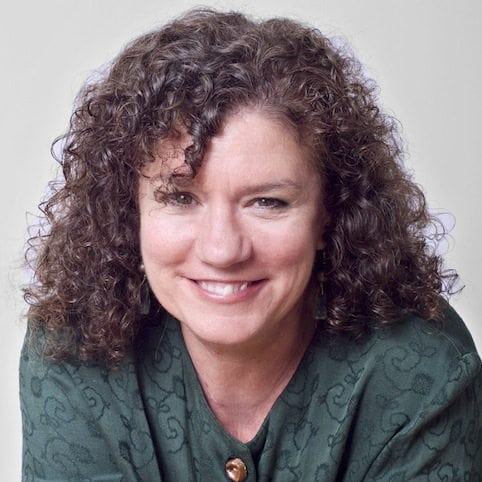
The biggest things to battle have been anxiety and distraction. Everything takes longer now — shopping, getting through to your bank on the phone, hearing back from editors — and you are obsessed with the news. Focus helps when you’re distracted, so the forced isolation has turned out to be a good thing. I’ve always thought I’m more of an extrovert, but I do love solitude. I’ve always loved late August, or the wonderful time between Christmas and New Year’s: Everything quiets down. Traffic goes away. All the emails stop. No meetings, no coffee dates. I have discovered my inner introvert. I’m more happy being alone — and more productive — than I thought I would be. And I have a beautiful, safe cottage to write in, which makes the isolation feel like sanctuary.
My normal writer’s anxiety has been accompanied by anxiety about getting sick, anxiety about my mom, anxiety about money. Some people need anxiety and deadlines. Not me. I have to quell anxiety to be creative. Usually I work out to stay in balance, but the gym was closed. So I started hiking. Hiking is so much better than going to the gym! It has calmed my spirit and lessened my anxiety. I have ended up more fit, stronger — so I feel less vulnerable to a pernicious virus. As I walk I say to myself, “These trees have always been here, and the trees always will still be here.” It reminds me of growing up in Hawaii and walking on the beach. The ocean’s always been there, and the ocean always will be there. The constant of nature is with me. One should always walk in the woods.
Because of the crisis, people started reaching out. I started hearing from long-lost friends. We had glorious phone calls. We wrote to each other. You don’t write a lot of letters anymore. An entire essay about re-reading Camus came out of a 16-page letter to a friend who lives nearby but whom I couldn’t hang out with. Another exchange yielded a poem with some grit in the lines. There’s a rich intimacy in letters.
I have been deeply thankful for two projects — one a book on war and peace I’ve been editing, the other a profile of an African American photographer who is making pictures of the Oakland that is disappearing before our eyes. I’ve been helped by being able to work on something with urgency, something that speaks to man’s brutality and capacity for redemption (in the book), and something that speaks about lives that matter and yet go unseen — but that a photographer is surfacing and letting us see. One wants to go deep in times like this.
Maw Shein Win, poet, teacher
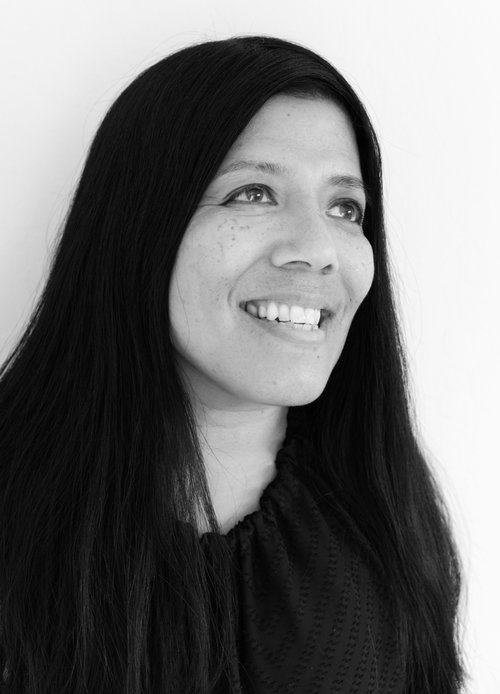
I was writing a lot within that first month, channeling all of my pent-up energy and anxiety. I wrote a number of pandemic poems. I felt in this strange way that I had hypergraphia. I was writing all the time.
I was also thinking about death and dying, and illness. In fact, I wrote an essay about my second oldest sister Tay Tay Poe and her love for Elton John’s music. (Tay Tay Poe passed away in 2016 and I dedicated my poetry collection “Invisible Gifts” to her.) Much of what I’ve been writing during this time has to do with mortality. There was definitely a shift. I felt that my world had shrunk, but it also expanded, in that I was writing at home and sheltering in place while considering a global pandemic. My writing comes from an intuitive place, and I I like to experiment with language and imagery. Stylistically, my pandemic poems are a bit more narrative compared to what I usually write.

Then, when the murder of George Floyd happened, I stopped writing. My passion and impetus for writing went downwards. I felt depressed and angry, as well as frustrated that I couldn’t participate in the protests. (Normally I’d be at the marches and protests, but because of health reasons I couldn’t join in.) My focus shifted. I was watching the news more at that time, and my state of mind made writing challenging. However, I was able to write a poem on the Fourth of July, titled “Still.” Since then, I’ve been more energized to write.
Michael Shapiro, journalist, travel writer
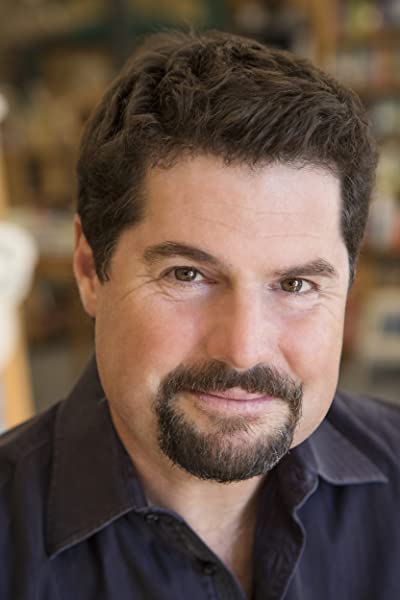
I was sick for a couple of weeks in March, diagnosed with COVID. Even though I was sick I felt I needed to be working, writing, producing something. About 10 days into my illness, when I was grumbling about not getting any work done, my wife said, “You’re not slacking, you’re fallowing.” Resting for a couple of weeks was something I have rarely allowed myself to do, even when traveling to places such as Hawaii. I’m a travel writer, so I was always looking for a story. I did come out of it with an essay, though, called “A Month of Sundays.”
I began working on a fiction project I started last year at a retreat center in Santa Cruz. Now I’m deep into the writing of a novel. I’m stretching and enjoying the process. The creativity that’s emerging now is a product of allowing myself some downtime and not beating myself up too much about an unproductive few weeks. With the fiction project I’m doing some of my best writing and coming up with original ideas, sometimes without any sense of where they’re coming from. It feels like I’ve opened a channel through which the creativity can flow. Will this work be published? I have no guarantee.
My raft guide experience comes into play: with the fiction project, I feel like I’m guiding a boat along a whitewater river and all I can do is hit the waves straight and punch through them hard. I’m not thinking about that big rapid two miles downstream, just fully focusing on what’s right in front of me.
